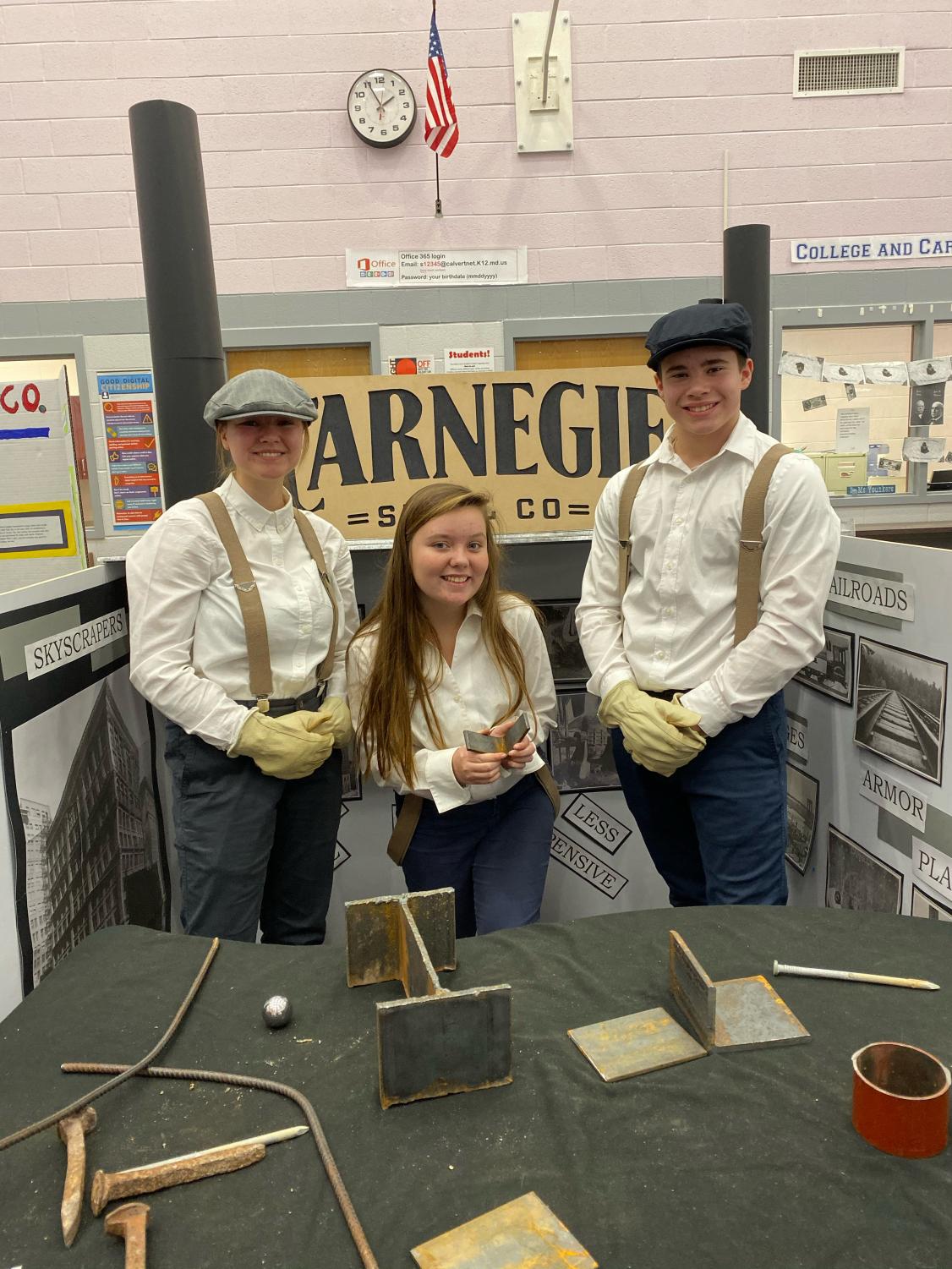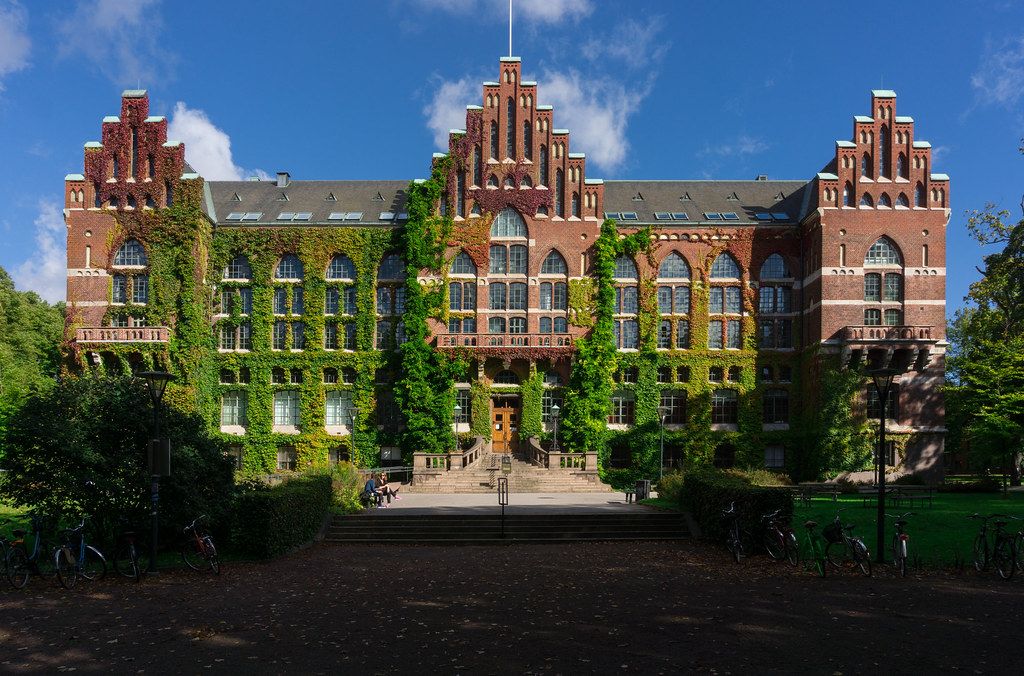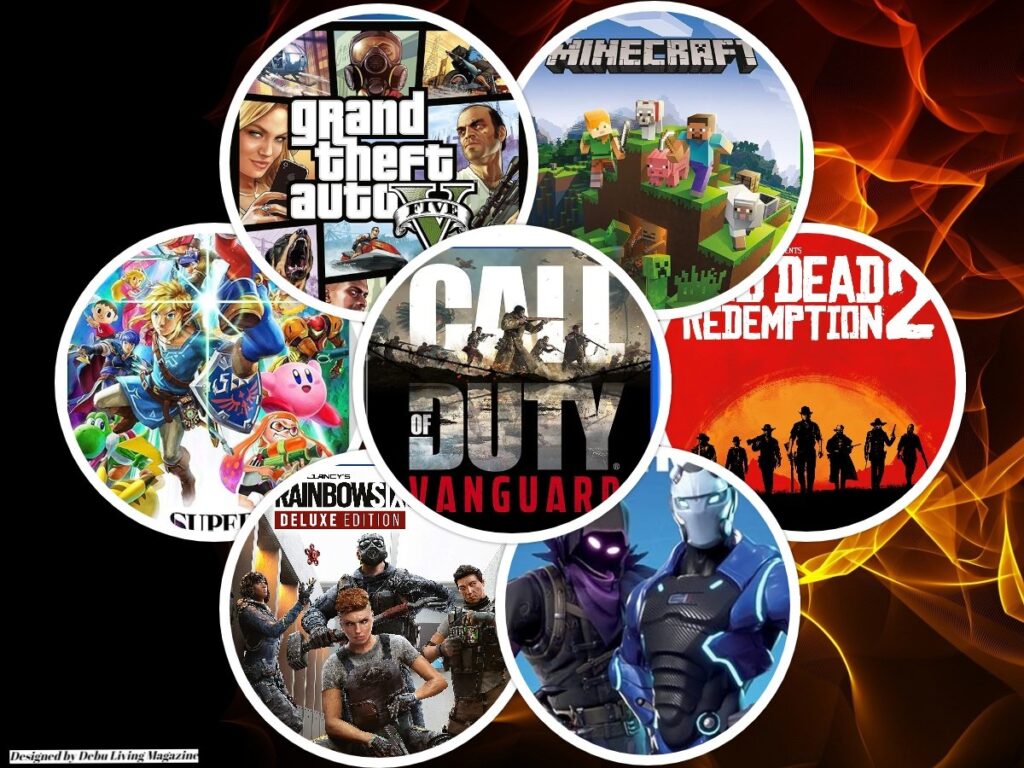I die a bit inside every time I wake up before the sun to catch a flight. While there is a certain excitement because no one else is on the roads and I love the anticipation of whatever trip I’m going on, there is something utterly wrong with being expected to get dressed and get in the car at 4:30 in the morning.
Spring break usually means the beach and the sun, a little taste of the summer weather and a big taste of the summer experience. For me, it usually means catching up on homework (and sleep!) before spending time with family. But this year, I was hot on the trail of my dream university, even though I had no idea what school it would be. Thankfully, we had five college tours lined up to help me make the decision.
College has been a major worry for me throughout my high school career. I am a very indecisive person, so the criterion for picking a college changes every time I try to make a list. I thought I wanted to be in a city, but visiting my brother’s actual urban campus has changed my mind. However, I do know that I want the resources of a city. All the fun, none of the grime and crime. In terms of climate, I thought I needed mild winters and lots of sun, but also that I wanted to stay on the east coast. Basically, I had no real idea what is going on in my college search and I really needed to see some campuses.
Over spring break, I visited Notre Dame University, St. Mary’s College, Boston College, Wellesley College, and Dartmouth College. My parents and I took guided tours of all schools except Wellesley, which was self-guided. Overall, I had a blast at all five schools and it made me very excited for college. I definitely preferred the student-led tours because I liked seeing how students interacted with campus and what little bits of unique information they knew.
The worst part of all the structured tours was the info session beforehand, usually in a lecture hall and led by an admissions counselor. The counselor always seemed too nervous or unprepared to give this presentation to future customers. Besides, the information wasn’t that interesting or packaged very engagingly. Student panels at the end of the session (especially at the selective schools) turned into a competition to ask the wordiest and smartest question and impress some random college sophomores and one thirty-something-year-old man. Or maybe to establish dominance to the room, scaring off at least one prospective applicant.
In retrospect, I really wish that I had asked a few questions. Because it is a sales pitch, no one at Boston College is going to mention the slow and crowded public transit, and no one in Dartmouth brings up the mediocre chai lattes. While I’m not looking for the huge, scandalous secrets that will drag the school through the mud, I want to know the little annoyances that I have to deal with for four years. One of my favorites is to ask a student about their least favorite part of attending that school. But I chickened out every time out of the three hundred opportunities I seemed to have to ask a question.
These tour guides really do need you to ask questions, so I would recommend having some prepared, but also pay attention to make sure they haven’t already answered them. Also, the tour is for you, so any questions you want answered are pretty much fair game.
College is a huge decision, and you want to be as informed as possible to make sure that you end up in the right place. College tours (if possible) are a wonderful resource, but there are countless ways to go about it nowadays. Between the traditional tour guide, self-guided, or virtual, even reaching out to past students, being informed is imperative to the college search process. Just be prepared to change your mind a lot along the way, and don’t be afraid of the future.







